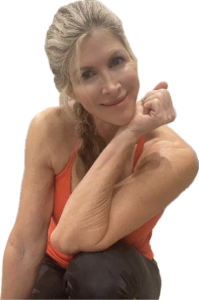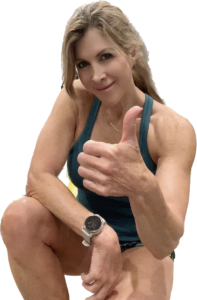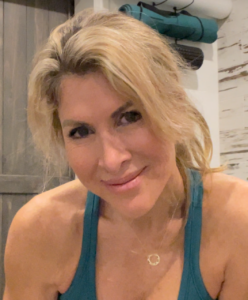As we age, our muscles naturally lose strength and mass. This is called sarcopenia, and it can make everyday tasks like getting dressed or climbing stairs more challenging.
You might think sarcopenia is a problem for much older people, but it actually starts earlier than you might think! Muscle strength and power (how quickly your muscles can contract) start to decline around age 40. This happens because some muscle fibers, called type II fibers, shrink faster with age than others. These type II fibers are the ones responsible for powerful movements.
As we age, we can lose muscle mass and strength. This is called sarcopenia, and it can make everyday activities like getting dressed or climbing stairs more difficult. You might think this is just something that happens when you get really old, but it starts earlier than you might expect.
Around 40, our muscles can start to lose their power and strength. This happens because the type of muscle fibers used for powerful movements (like sprinting or lifting heavy objects) are more prone to shrinking with age.
But, here’s the good news: even though muscle loss is common as we age, it’s not inevitable! Recent research shows that strength training with weights can actually reverse some of the age-related changes in these muscle cells! This means you can potentially slow down or even prevent muscle loss by incorporating resistance training into your routine.
So my friends, it’s never too late to start strengthening your muscles. AND, the benefits of preventing muscle loss with age are clear: regular exercise, especially weight training, can help you keep your muscles strong and functional as you age. Imagine a world where everyone feels strong and capable well into their golden years!
Are ya ready to get started? Let’s ditch the “too old” mentality and embrace the power of lifting. TODAY.
Stay active, lift some weights, and keep your muscles happy! They’ll thank you for it later.
Carpe Diem,
Lisa



